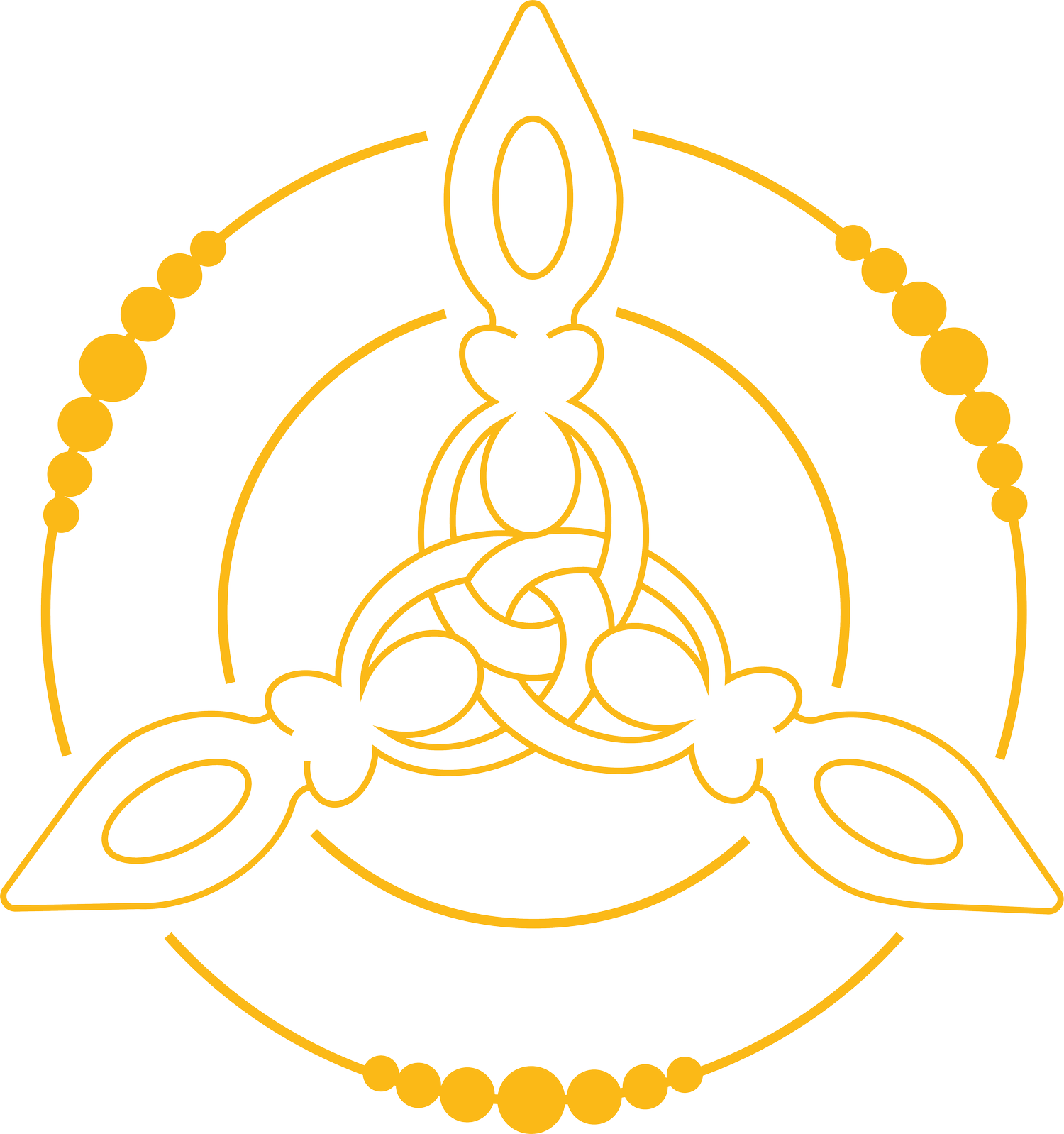
Our promise to you…
Minimal use of water and tree pulp resources
Completely eco-friendly packaging
Ethically sourced, sustainable ingredients
Low impact manufacturing
Partnering with like-minded businesses
Our sustainability path so far…
-

Preserve It
Our EvoQuelle line of products has been nearly two years in the making. Every drop of every formula has been painstakingly sourced to reflect our passion for ritual-worthy body care. Each product is the culmination of science, intention, and esoteric inspiration.
Not just any vessel will do to hold our wish for you. The living essence of our products is preserved through the use of biophotonic glass, known as Miron glass or violet glass. Violet glass was used in ancient Egypt to preserve precious items. Today, it is still used to preserve precious items. It dramatically extends the lifespan of products while imbuing them with higher bioenergetic value.
Quality, smell, potency, and longevity are all improved through the magic of the sun’s rays and the beauty of violet glass.
Miron Violetglass is committed to sustainable business practices. If you want to learn more about Miron Violetglass, click the button below.
-

Re-think It
When it came time to decide on labels and customer information, we thought we might be stuck between a rock and a hard place. Thankfully, we were right! Instead of choosing among labeling options ranging from utterly unacceptable to aesthetically unappealing, we were over the moon to find Stone Paper Products. Stone paper is not paper at all since it does not use any vegetable pulp or fibers and very little water, compared to even recycled paper, which requires large volumes of water in addition to bleach. Stone Paper is more like a super thin and flexible stone tablet made of calcium carbonate 80% (limestone) and bio-polyethylene resin 20% (HDPE). Thereby, limestone from existing limestone quarries is being used as the raw material and processed into a fine powder. In this case, the HDPE is used as a binder and breaks down into CO2 and water, while the calcium carbonate reverts to stone dust after prolonged outdoor (UV) exposure. Fortunately, Stone Paper is very hardy inside, providing a waterproof, durable, printable surface - perfect for our products!
To make the most negligible impact possible with our labels and to allow us the ability to make ingredient substitutions if required by our supply chain, we made them small. We chose not to include ingredient information on them. Instead, we provide an information sheet with complete instructions, tips, and full ingredients list with every bottle of the product. Every information sheet is printed on completely bio-degradable paper embedded with flower seeds. So, go ahead - plant it, compost it, share it - it will get more beautiful.
Our handmade lotka paper is made in the highlands of Nepal by rural craftspeople in an environmentally friendly process using 50% recycled content. The raw material for the paper comes from the Daphne bush, also known as the Nepalese Paper Bush. It is farmed from 3-4-year-old plants cut high enough to allow regrowth. The bark is stripped off for use in production, while the interior stick is kept for heating fuel for villagers’ homes. All water used is reclaimed and reused. The paper is hand-formed and dried, providing sustainable work for an entire community.
The paper is embedded with seeds that will grow in North America. The seeds include Snapdragon, Petunia, Beardtongue, Daisy, Thyme, Poppy, Foxglove, Catchfly, Maiden Pinks, and Chamomile. The seeds require at least 4 hours of sunlight daily and tolerate partial shade. Only cover with 1/8” of soil and keep moist until established. Do not let the soil completely dry out until fully established. Enjoy!!
-

Our Thought Process
When I asked my daughter what was important to her, personally, when it comes to products she buys and is interested in, she immediately answered, “sustainable.” She wants to know that the ingredients are “clean,” ethically sourced, that there is little or no packaging, and that the “talk is walked.” I hope that I have made her proud with our products.
We have made every effort, as a small, family-owned company, to base decisions of policy and formulation on the answers to the following questions:
Is it ritual-worthy?
Does it help others?
What is the impact on our environment both locally and globally?
Can it be sourced consistently and ethically?
What are the sustainability commitments of our supply and service partners?
How are we doing today with our commitment?
Can we do better, and how?

